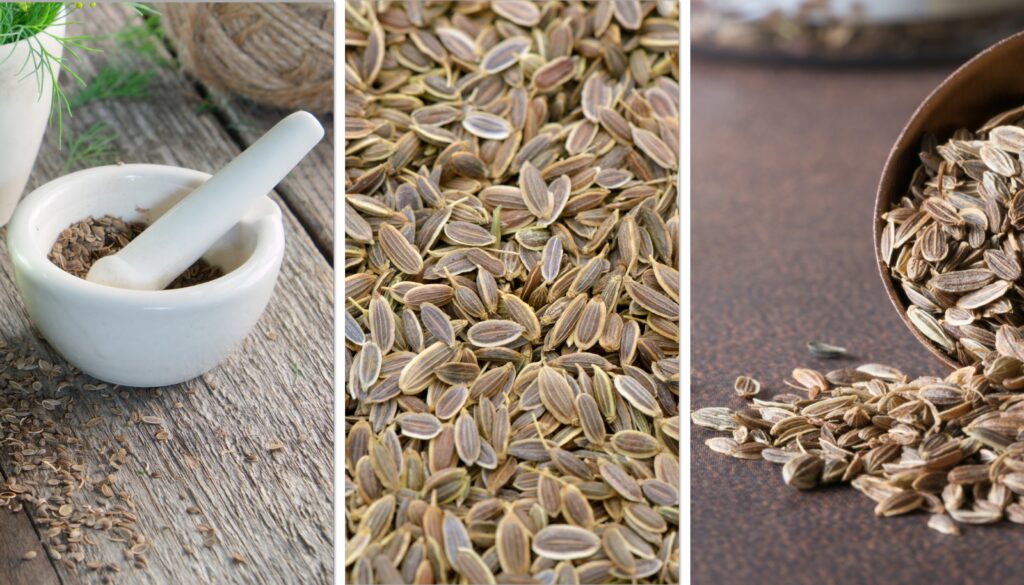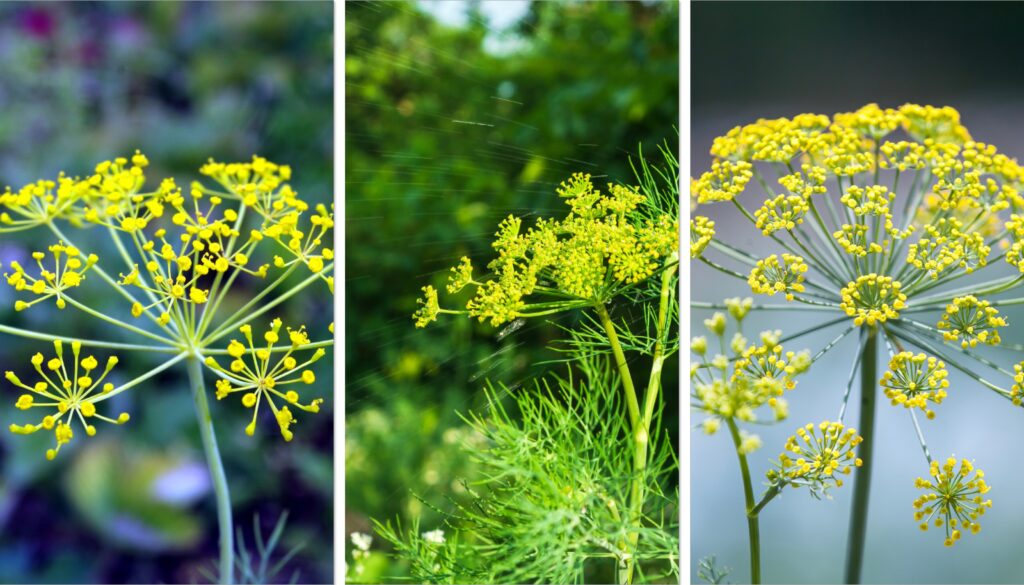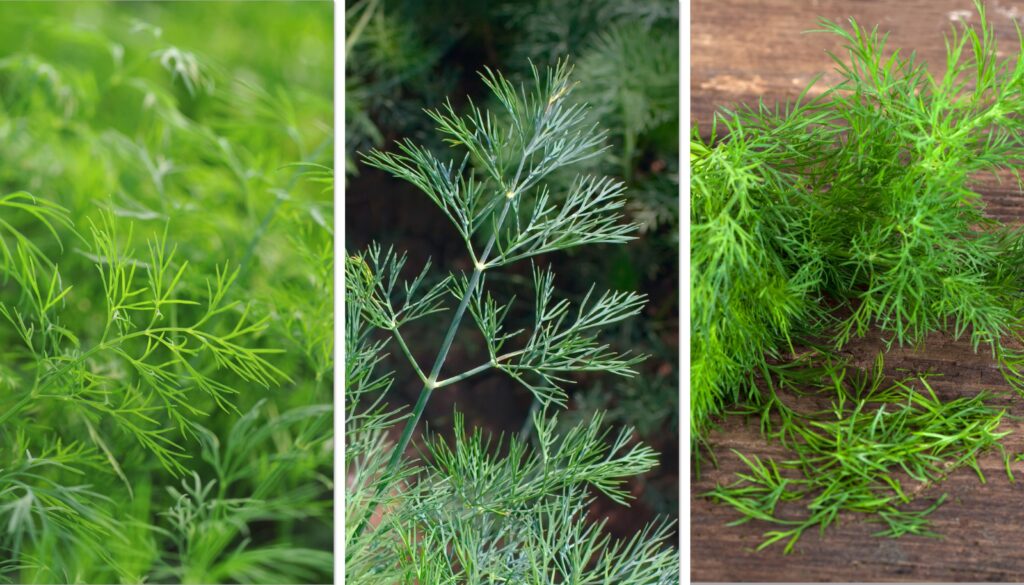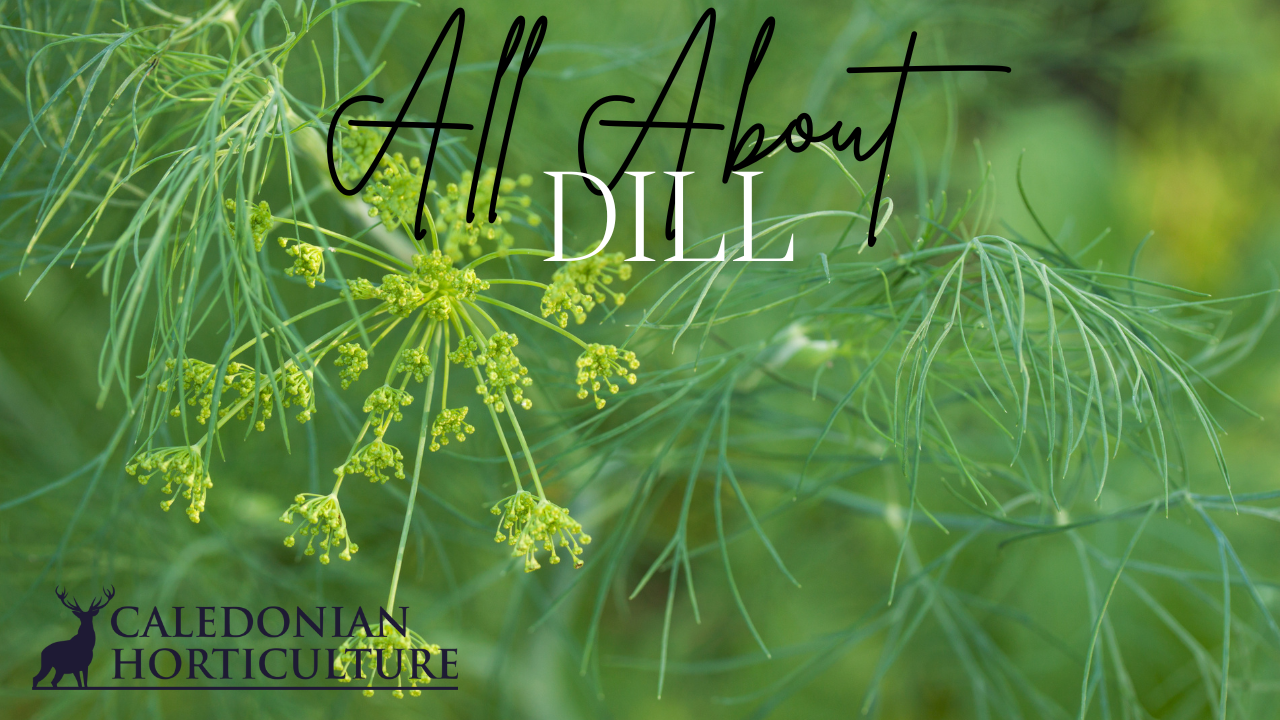Guest post by Katrina & Clayton
Dill (Anethum graveolens), a fragrant herb known for its feathery foliage, aromatic seeds, and culinary versatility, thrives surprisingly well in Scotland’s climate. Though Scotland’s cooler temperatures and shorter growing season may seem challenging, dill can flourish with proper care and attention. Whether you’re growing it in your garden, greenhouse, containers or windowsill dill is a great addition to any herb collection.
Growing Dill in Scotland
Dill is an annual herb that grows quickly and is relatively low maintenance. It prefers cooler weather, making Scotland’s mild summers suitable for its growth. The key to success is selecting the right location and providing protection from heavy rains and strong winds.
Dill typically grows to a height of 60–90 cm (2–3 feet) and produces delicate, yellow flowers that later develop into seeds. It requires a sunny spot with good air circulation. In Scotland, where sunlight can be limited, choose a south facing location to maximise light exposure. Dill grows well in containers, raised beds, or directly in the ground, making it versatile for gardens of all sizes.
Leaves: Dill leaves are commonly used fresh or dried to flavour soups, salads, and sauces. Their delicate, grassy flavour pairs well with fish, potatoes, and yoghurt based dishes.
Seeds: Dill seeds have a stronger, more pungent flavour than the leaves. They are often used in pickling brines, bread, and spice blends.
Flowers: Dill flowers can be used fresh in salads or as a garnish. They are also added to pickling recipes for their unique aroma.


Planting Dill
How & When to Plant
Plant dill seeds direct sown in spring after the last frost date, typically between April and May in Scotland. Dill can also be sown successively every two weeks to ensure a continuous supply throughout the growing season.
Soil Preparation: Dill thrives in light, well draining soil enriched with organic matter, like Caledonian Green Goodness. Loosen the soil to a depth of 12–15 cm and remove weeds before planting.
Sowing Seeds: Sow seeds directly into the ground or containers as dill does not transplant well due to its delicate taproot. Plant seeds 1–2 cm deep and space them 15–20 cm apart. Cover lightly with soil and water gently.
Germination: Seeds typically germinate within 10–14 days. To speed up germination, pre-soak seeds overnight before planting.
Avoiding Compaction: Dill’s roots require loose soil to grow properly. Till the soil to a depth of at least 12 cm before planting.
Improving Drainage: In Scotland’s wetter climate, enhance drainage by adding sand or grit to the soil. Raised beds or containers can also prevent waterlogging.
Pruning Dill
Pruning is essential to encourage bushy growth and prevent the plant from becoming leggy.
How & When to Prune
Regularly pinch back the tips of young plants to encourage branching and produce more foliage. Remove flower heads if you want to prolong leaf production. However, if you wish to harvest seeds, allow the flowers to mature.
Start pruning once the plant reaches 20 cm in height. Continue light pruning throughout the growing season.

Caring for Dill
Dill is relatively easy to care for, but consistent attention ensures healthier plants and higher yields.
Watering: Water dill regularly but avoid overwatering, as it prefers slightly dry conditions. In Scotland’s wetter climate, ensure soil drainage is optimal to prevent root rot.
Mulching: Apply a layer of mulch around the base of the plants to retain moisture, suppress weeds, and regulate soil temperature.
Protecting from Pests: In Scotland, aphids and slugs may pose a problem. Look at adding companion planting to your areas around the dill if outside.
Wind Protection: Dill’s tall, delicate stems are prone to damage from strong winds. Provide support with stakes or plant dill in a sheltered location.
Companion Planting with Dill
Dill is an excellent companion plant that attracts beneficial insects and improves the health of neighbouring crops.
Beneficial Companions
Cabbages and Brassicas: Dill repels cabbage moths and aphids.
Carrots: Dill enhances carrot growth and deters pests like carrot flies.
Tomatoes: It attracts pollinators and predatory insects, such as hoverflies, that feed on tomato pests.
Cucumbers: Dill supports healthy cucumber growth and deters pests like spider mites.
Plants to Avoid
Fennel: Dill and fennel can cross pollinate, which may weaken both plants.
Cilantro: Dill can inhibit cilantro’s growth.

Dill is a fantastic herb for Scottish gardens, combining culinary versatility with ease of growth. Its ability to thrive in cooler temperatures and attract pollinators makes it a valuable addition to any garden.
Katrina & Clayton

Katrina & Clayton live with their family in East Ayrshire in Scotland and share their daily life in the garden on instagram @buildingfoodforest_scotland. They practice permaculture principles, reducing & repurposing waste whenever they can. Katrina shows how home educating in nature has helped Clayton thrive.
Clayton Completed The Grow and Learn Course with the Royal Caledonian Horticultural Society in 2022. This year he will be completing Level 2 Nurture Course. Clayton is 16, Autistic, Non Verbal & has been Home Educated for the last 6yrs. Both Katrina and husband Peter have studied the Permaculture Design Course PDC and PDC Pro over the last 5yrs, developing their garden from grass to an ongoing food forest.
They have featured on BBC Beechgrove Gardens, Gardeners World Magazine and write for Scotland Grows Magazine. Katrina has a series of children’s story books out following the life of Clayton in the garden. Available at Amazon.
See more and follow Katrina & Clayton at the links below:
-
EARLY BIRD OFFER
 Builder’s Bag Planter MixSale Product on sale
Builder’s Bag Planter MixSale Product on sale£82.50Original price was: £82.50.£78.37Current price is: £78.37. inc VATRated 4.93 out of 5 based on 44 customer ratings -
EARLY BIRD OFFER
 Builder’s Bag Kelpie CompostSale Product on sale
Builder’s Bag Kelpie CompostSale Product on sale£75.00Original price was: £75.00.£71.25Current price is: £71.25. inc VATRated 4.96 out of 5 based on 138 customer ratings -
EARLY BIRD OFFER
 Builder’s Bag Green GoodnessSale Product on sale
Builder’s Bag Green GoodnessSale Product on sale£55.50Original price was: £55.50.£52.72Current price is: £52.72. inc VATRated 4.90 out of 5 based on 199 customer ratings



